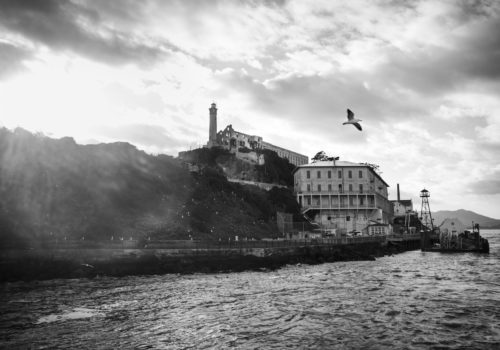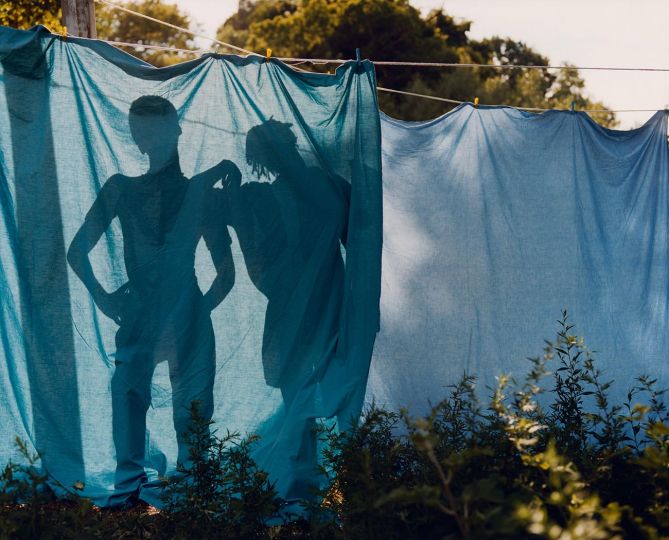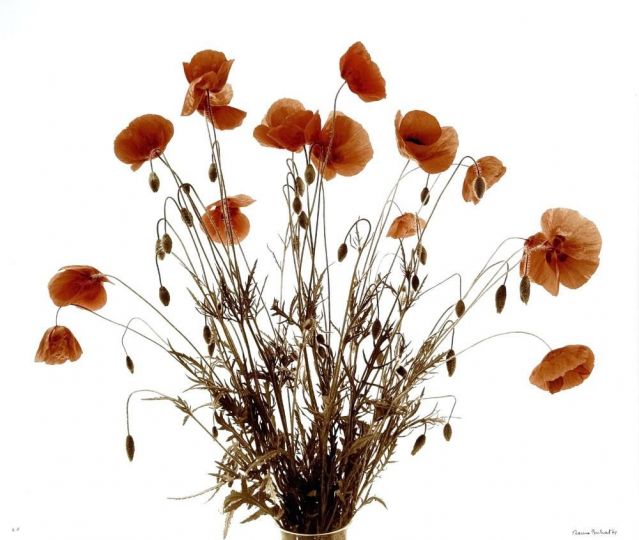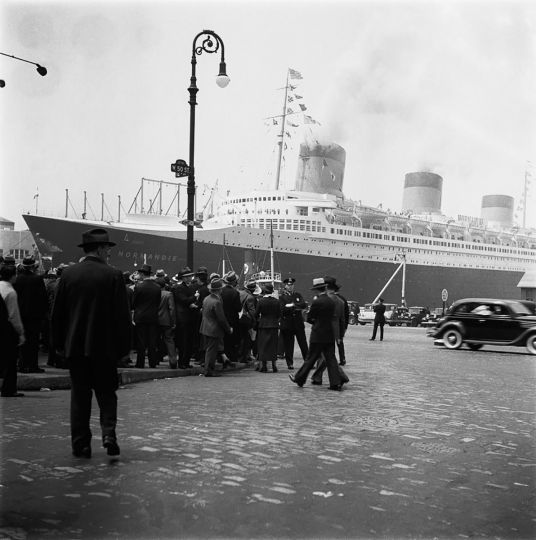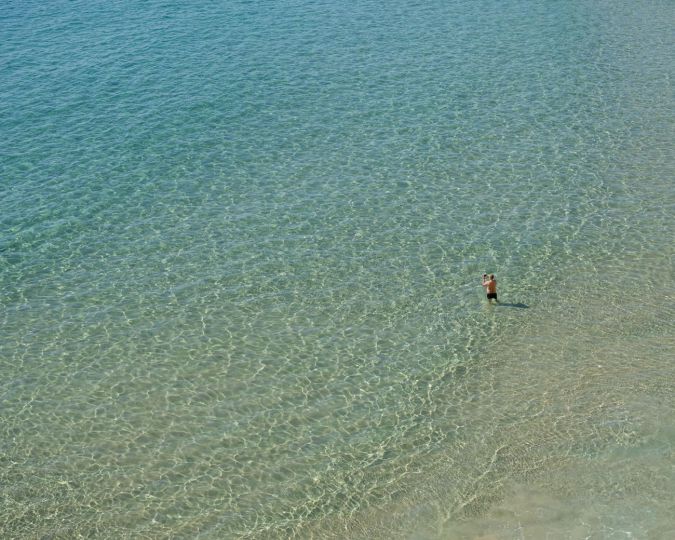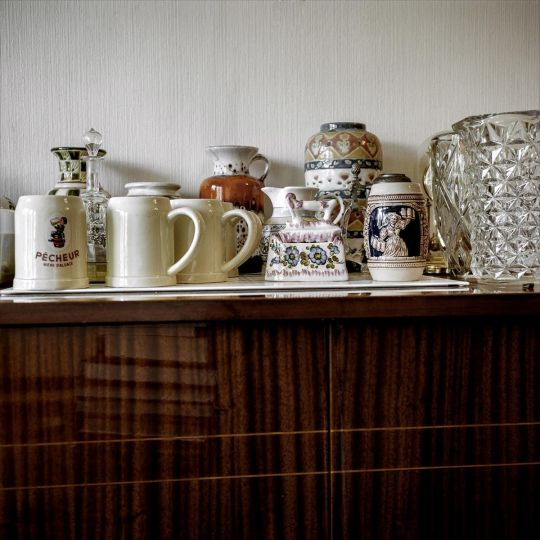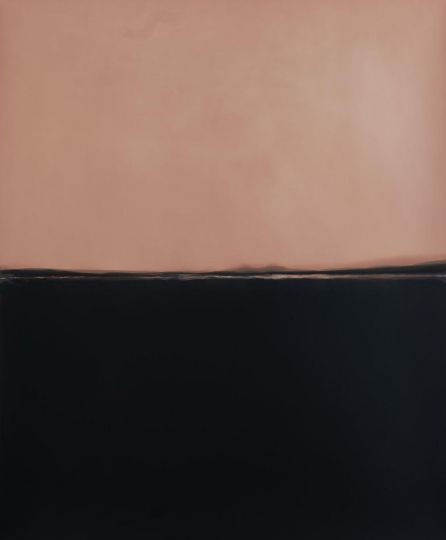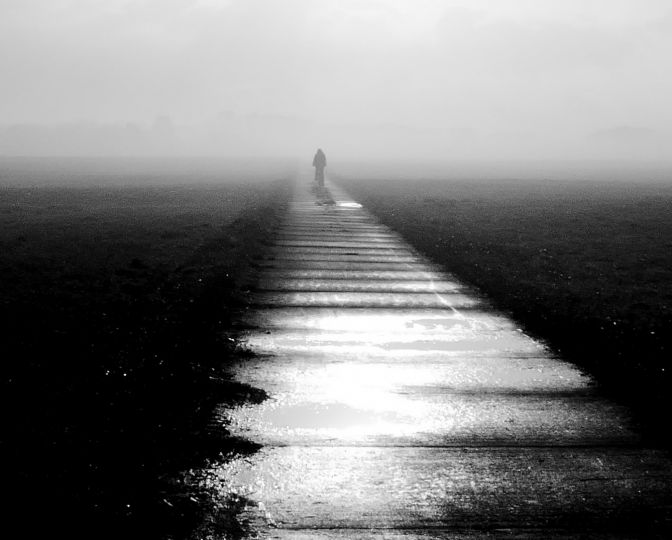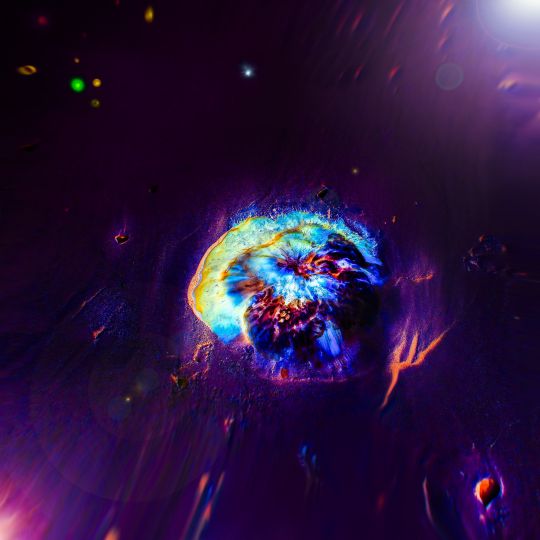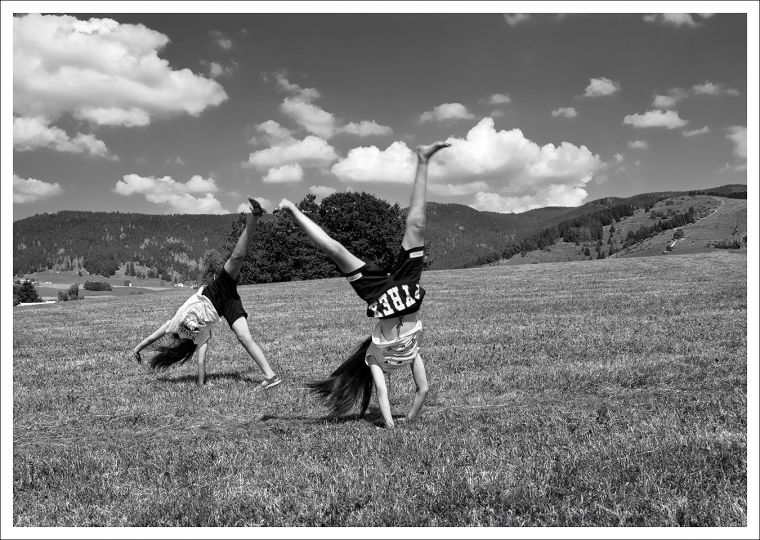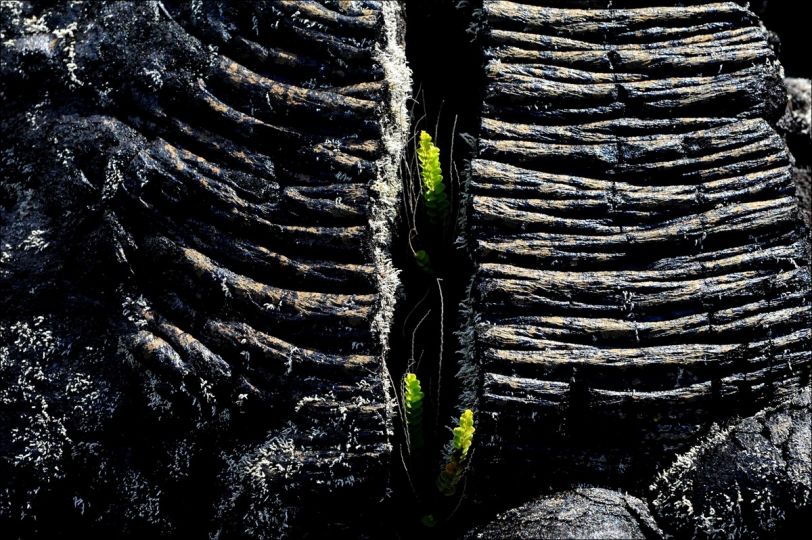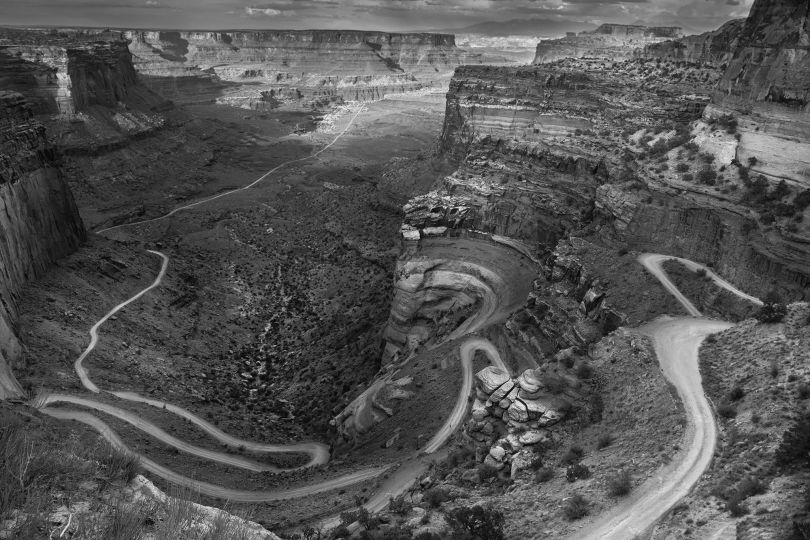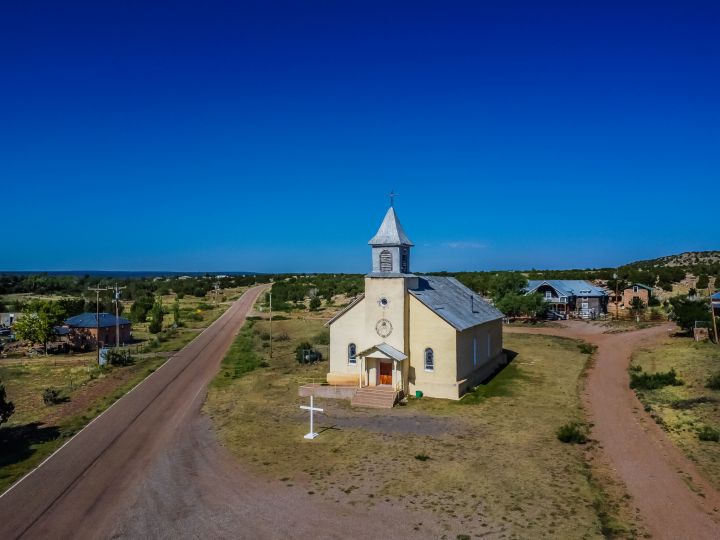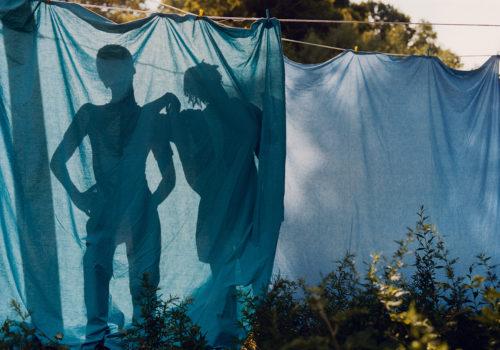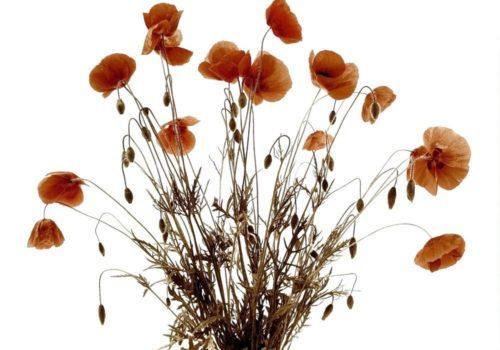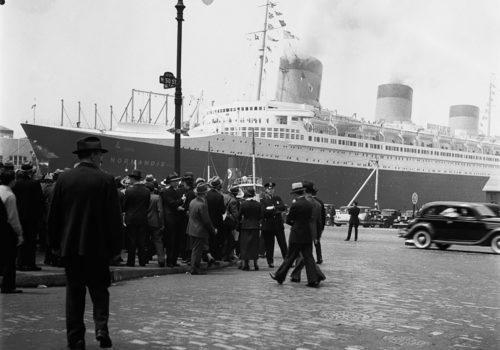Alcatraz
Since 2020 I’ve visited Alcatraz – the former prison island in San Francisco Bay – to reflect on pandemic-era themes of isolation, confinement, and social control. Alcatraz is Spanish for a type of bird. We say “free as a bird,” but some birds live in cages. Sometimes they are jailbirds. Alcatraz Island, whose name evokes freedom, has become synonymous not with the bird but with the cage. Although the old penitentiary’s concrete walls and barbed wire are slowly crumbling, the sense of captivity remains intense. Those on the island are tantalized by birds soaring above, boats traversing the bay, and boisterous life in the city shimmering on the horizon – all beyond reach. Huge Agave americana, with poisonous barbs and fantastical towering spears, populate a landscape where even plants seem defensive. The warders are gone but time – a prison we all live in – swirls around Alcatraz like San Francisco’s famous fog, mixing past and present in ways that are hard to untangle. Alcatraz is enigmatic, liminal: between sea and sky, past and present, sun and shadow, history and legend, freedom and confinement, the evanescent and the enduring, natural processes and human endeavor. As light-filled as Chartres, the cellblock is a cathedral of confinement where the California sun casts shadows that make the place resemble an immense cage. But the cage is only shadows, so we must ask, is the prison a building, a place? Or something inside ourselves that is harder to escape?
Virginia Hines
IG vhines_photos

